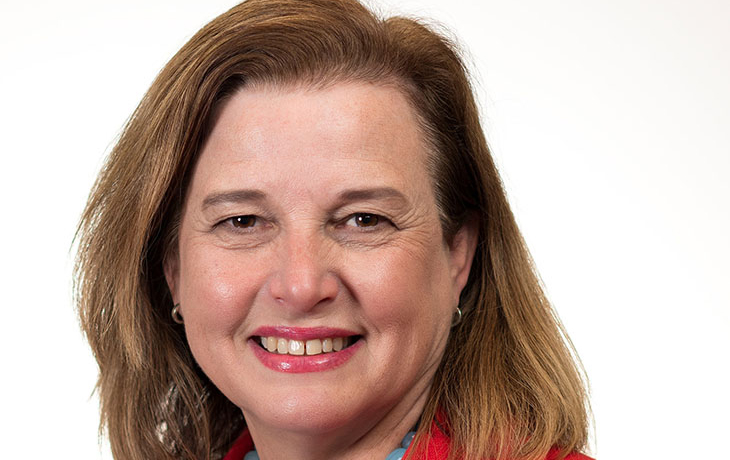
Interim Commissioner of Education Robin Fields Kinney
For those of us who work in state government, you will hear us talk about the first few months of a new year being a busy time due to the General Assembly being in session. This year is what is known as a long session, where the legislators will create the next two-year budget.
Given how much the legislature impacts public education, I thought I would spend some time this month sharing with you how the process works and the Kentucky Department of Education’s (KDE’s) role in it.
Before the session begins, the Kentucky Board of Education (KBE) sets the department’s priorities and submits additional budget requests to support programs or needs for schools and districts beyond what already has been funded in the current budget. This year, KDE’s additional budget requests include such things as an increase in the Supporting Educational Excellence in Kentucky (SEEK) program – the primary formula-driven allocation of state-provided funds to local school districts – including fully funding pupil transportation for all districts.
Other KDE priorities this year include universal preschool for at-risk 3-year-olds and all 4-year-olds, providing supports for teachers, such as new teacher internships and high-quality professional learning; and a change to the career and technical education (CTE) funding formula proposal to create funding equity for every CTE student in the state.
Hundreds of bills are introduced every year, with most of them coming from the House of Representatives, due to there being 38 senators and 100 representatives. Each session there are deadlines for new bills to be filed in each chamber. This year, the deadline for the House is Feb. 26 and the deadline for the Senate is Feb. 28.
As bills are filed, KDE staff start tracking the ones that are related to education and sharing information with our districts as the session progresses. KDE staff work with sponsors to review bills and provide feedback – including responses from superintendents and teachers – on how those potential laws or regulations could impact students in the classroom.
Of course, the budget bill is always one of the highest priorities for schools and districts. The governor, the House and the Senate all file separate budget bills. The House and Senate eventually work out a final budget proposal to send to the governor for action. The budget bill is the only bill the governor has line-item veto power in. However, the General Assembly can override each of the vetoes with a simple majority vote in each chamber. The new budget takes effect at the start of the new fiscal year on July 1.
If you would like to follow what happens in Frankfort this session, here are some important committees to keep an eye on and when they are scheduled to meet:
- House Education, Tuesdays, 8 a.m. ET;
- House Appropriations and Revenue, Tuesdays, 10 a.m. ET;
- House Budget Review Subcommittee on Primary/Secondary Education and Workforce Development, Tuesdays, noon ET;
- Senate Appropriations and Revenue, Wednesdays, 10 a.m. ET;
- Senate Economic Development and Workforce Innovation, Thursdays, 8 a.m. ET; and
- Senate Education, Thursdays, 11 a.m. ET.
You can watch the General Assembly live through KET and you can watch committee meetings live or see the recordings on the Legislative Research Commission’s YouTube channel.
It is important to note that we are still in the early days of the session and the bills in their current form are likely to change before their final passage. The final two days of the session will be April 12 and April 15.
Please know that we will be working with our legislators over the next few months to inform them of how education-related bills are likely to impact our public school students across the Commonwealth.


Leave A Comment